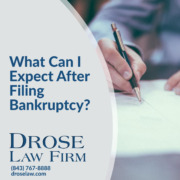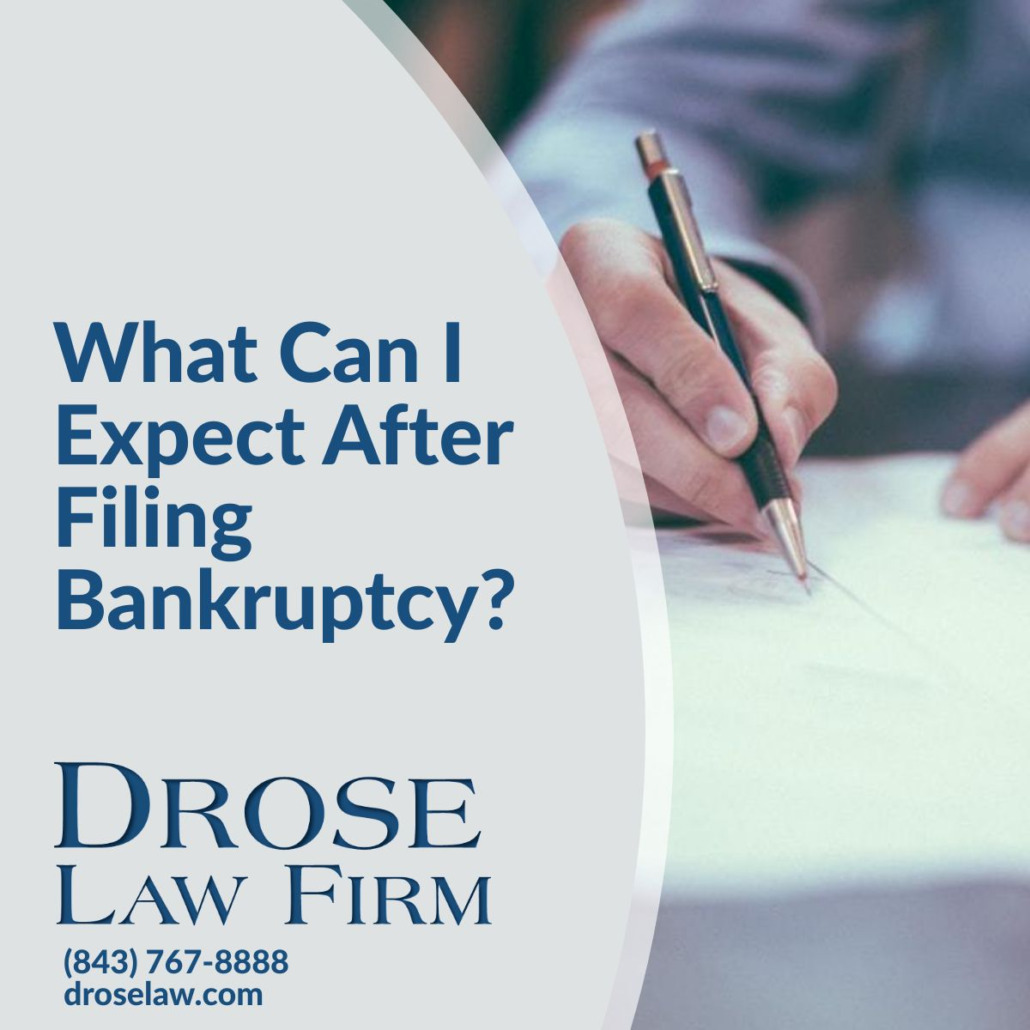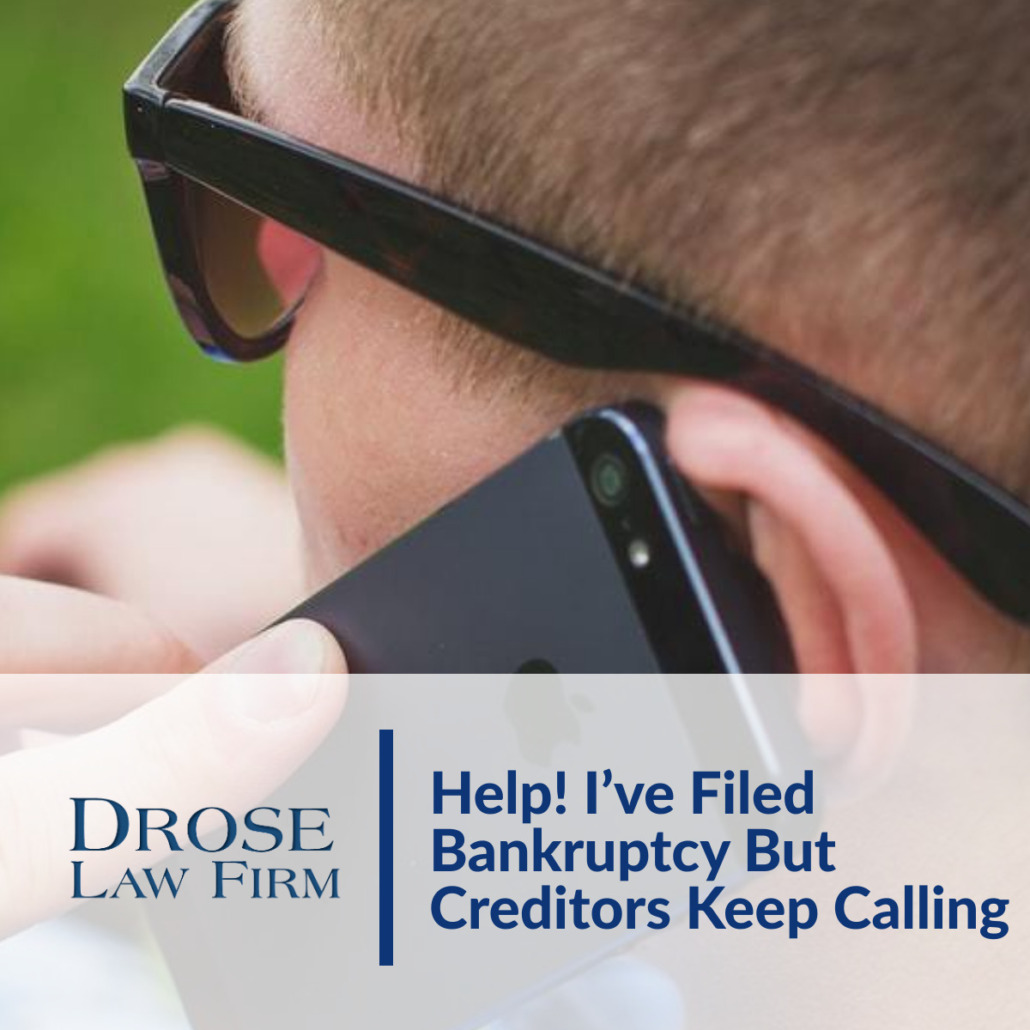Nancy P. – Case Study
Nancy P. survived the loss of a career and a bankruptcy. Now she has some words of advice for those going through the same things.
The economy was still crashing in 2010 when Nancy came to the realization that what she thought were sound business decisions turned into a series of massive mistakes and unfortunate timing. She couldn’t hold on to her restaurant and her three rental houses any longer. Her employees were out of work and she couldn’t pay her vendors.
“I felt so terrible about myself because I couldn’t fix it. It was an avalanche and I couldn’t do anything to stop it,” she wrote in an email to TFS. “Everyone knew I had to close my restaurant and what was once a dream turned into a total nightmare.”
It wasn’t until late January of 2015 that Nancy and her husband filed for Chapter 13 bankruptcy.
While at the time her personal bankruptcy felt like it was an “epic failure” and taking a handout she didn’t deserve, in retrospect Nancy said she should have filed sooner. It ended up being the best thing to do for herself, her family and her future.
She signed up with www.tfsbillpay.com for monthly payments in July of 2017. It wasn’t all smooth sailing. Early in the process, Nancy had a couple of failed payments but still persevered and made “catch up” payments. In all, she made 17 transactions totaling more than $10,000 through TFS.
“Money was tight but eventually I found the reward in making those payments,” she said “It was what I could do to get to the other side of this. It was a form of redemption.”
Now free from bankruptcy, Nancy feels like she was given a second chance.
Her credit is good, she is buying a house and she is even considering a new business opportunity – something she never expected to do.
“You will get out of this, too. Don’t beat yourself up,” Nancy said. “You will learn so much through this process and you will come out of it better and stronger.”
And, she has advice for others as they navigate through bankruptcy.
“Managing your mental state is probably one of the most important things you can do to get through bankruptcy,” Nancy wrote.
Here are Nancy’s best tips for going through a bankruptcy:
- You are not a failure if you file for bankruptcy.
- Get a good bankruptcy attorney.
- Don’t wait too long to file.
- Remember, it will eventually end.
- Whether you are required to pay anything back or not, this is your chance to have a new life. It is a massive gift so just accept it graciously and get on with your life.
- Be kind to yourself as you go through this. You are making the right decision for you and your future.
- The world, your creditors and the government are not “out to get you.” Bankruptcy is your chance for a clean slate.
- If you are a small business owner, get an accountant who can do your books and even better if they are savvy on market trends. Pay attention to the economy.
- Learn about finances during bankruptcy. Buy books, take online courses or watch YouTube. There are some excellent free resources online to help you manage your money. Your bank, investment firms and community centers also offer classes. Create a new relationship with money.
- Did I mention that bankruptcy is not failure? You are not a failure.












